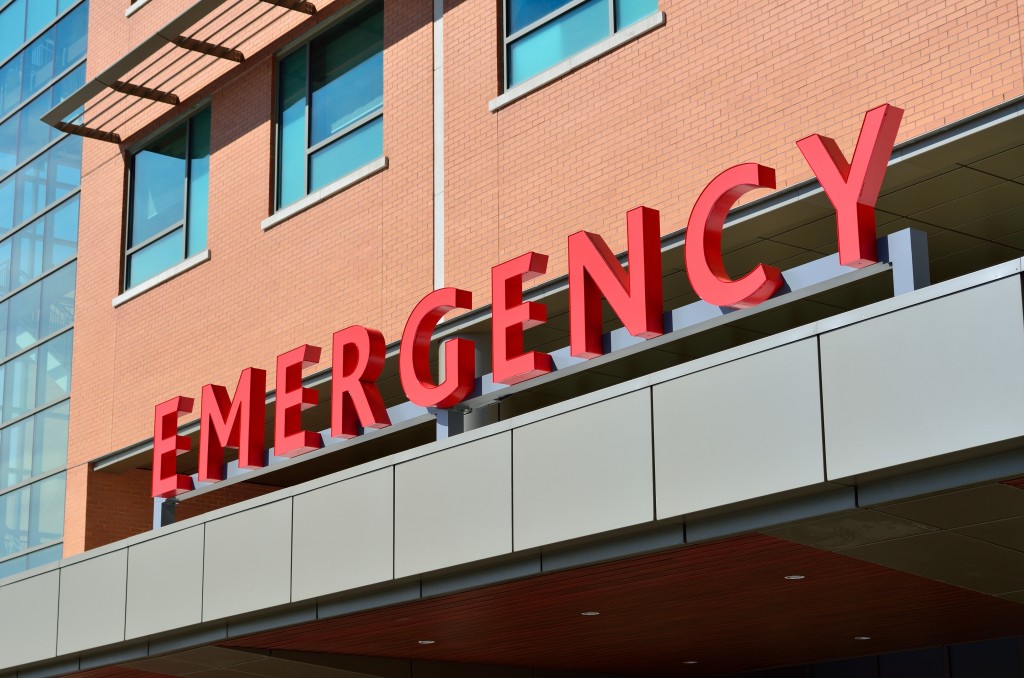
Drone Deliveries and Medicine
Time is often a critical factor in the field of medicine and so medical professionals are starting to look at drones to see if they can save valuable hours and minutes in a variety of capacities.

Zipline International
We’ve look at this ground breaking organisation before in a previous blog https://dronesaferegister.org.uk/blog/drone-deliveries-not-just-for-pizzas/ but they are worth taking a second look at – especially now that they have expanded their operations from Rwanda to also include Ghana and are now providing 13,000,000 with access to life saving medicines. They use remote piloted UAV aircraft to deliver medical supplies and have operated 1358 flights at the time of writing (a totally that is fast increasing). They effectively fly the distance of the earth’s circumference every seven days, whatever the weather using teams of local operators to transport essential supplies such as blood and vaccines through difficult terrain to remote locations. https://flyzipline.com/
Organ Transplants
Baltimore has recently been the scene of a medical first as a Drone was used to transport a donor kidney to the recipient’s hospital. The United Network for Organ Sharing (the managing body for organ transplants in the USA) recently published figures stating that 2018 saw 1.5% of organs failing to reach their destination, with another 4% being delayed for two hours or more. In an area where time is critical and organs are such a precious and rare resource, drone technology stands on the threshold of playing a vital role in reducing these delays. In this initial exercise, a custom-built drone was utilised that featured on board cameras, sensors to monitor the organ and additional safety and failsafe systems. Using a drone not only reduced transport time but also allowed the organ to be monitored to a level that isn’t even accomplished with ground-based transportation. It is the hope that the scheme can be refined and expanded to offer fast, safe organ delivery across increased distances.
Diagnostic Assistance
Maryland is not alone in pioneering drones in medical uses. A North Carolina hospital is using UAVs to increase the delivery speed of samples across the WakeMed 1 million square foot sprawling campus. The short journey of ¾ mile from the hospital to the lab takes up to 45 minutes on foot but can be covered in 4 minutes by drone – a vital tool in the race against time for the medical facility. Dr Ginn, who pioneered the program, is thrilled to see reductions from 30 minutes to three hours from sample procurement to results being received. Faster results, faster answers for patients, and potentially life saving faster treatments.



